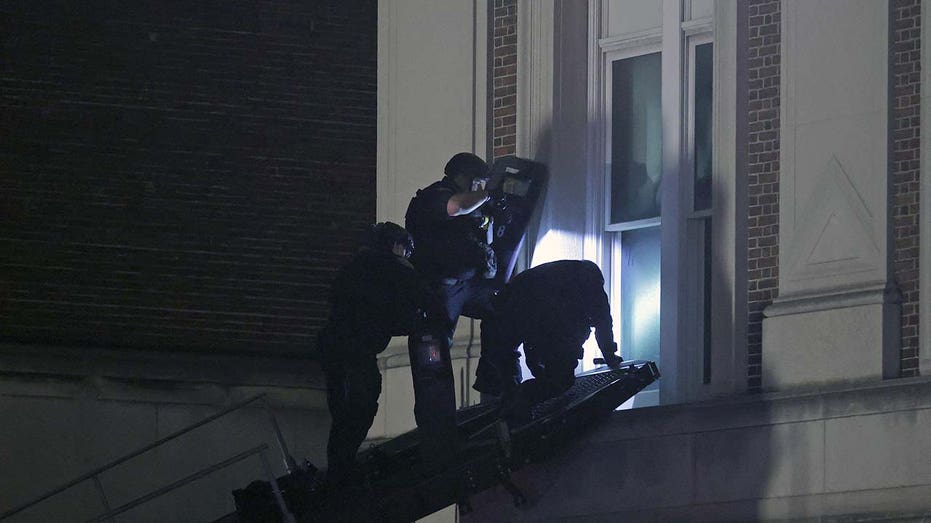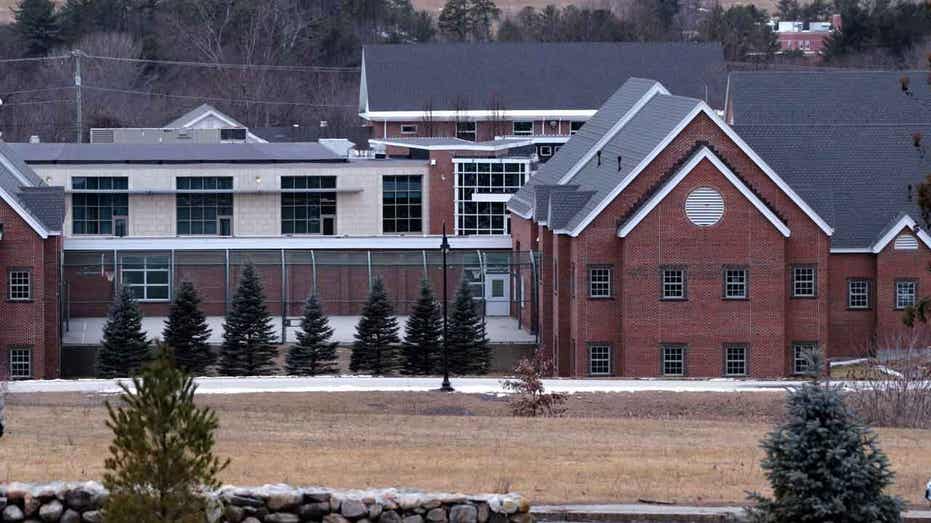Politicians should say how welfare will support claimants with daily living costs rather than stigmatising recipients
Poverty is a political choice – one that Conservative governments have much to answer for. Since 2010, Tory administrations have chosen to have a significant percentage of our population impoverished, including, especially, our country’s children. The Child Poverty Action Group’s analysis of official data last week showed that a third of those between infancy and adulthood – 4.3 million children – were in relative poverty, up from 3.6 million in 2010-11. Even by the government’s preferred measure, absolute poverty, the share of children in penury rose in 2022-23 by its highest rate for 30 years.
No principle of economics says such a degree of immiseration should prevail in one of the richest countries in the world. The reason for this extraordinary rise in poverty? The most obvious explanation is the low level of benefits and the restrictions on accessing support. Benefit levels have fallen by 8.8% in real terms since 2012. Cutting back on welfare produces more poverty, not less. There is money. But not specifically for the poor. Ministers tout tax cuts worth £9 a week extra for the average worker, while about 3.7m people struggled to feed themselves last year.





